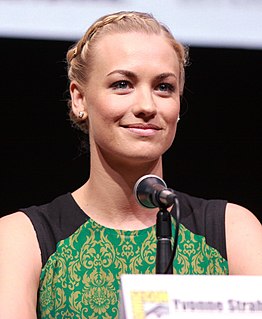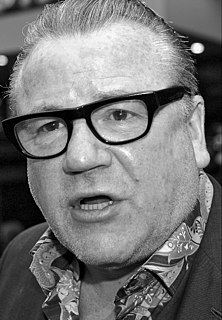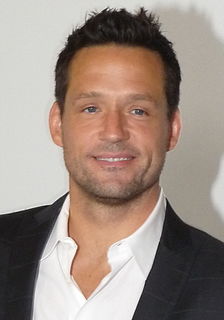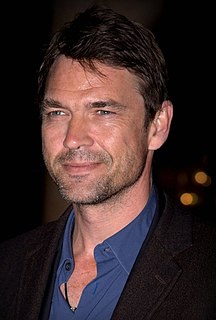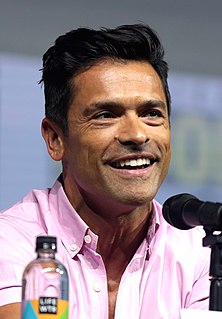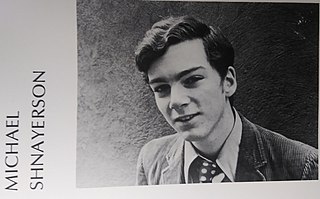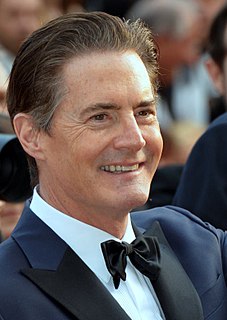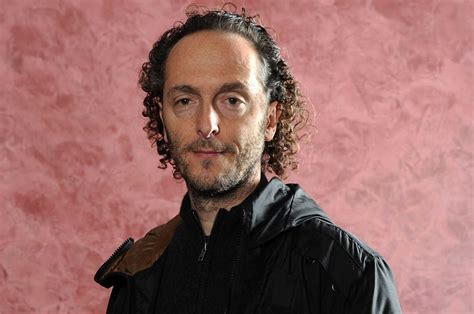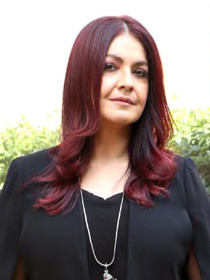A Quote by Yvonne Strahovski
Most of the film directors expect their actors to want to work fast.
Related Quotes
I think film is a world of directors. Theater is a world of actors. Or, theater is for actors as cinema is for directors. I started in theater. Filming is as complete as directing film. In theater, you are there, you have a character, you have a play, you have a light, you have a set, you have an audience, and you're in control, and every night is different depending on you and the relationship with the other actors. It's as simple as that. So, you are given all the tools.
I love actors, both my parents were actors, and the work with actors is the most enjoyable part of making a film. It's important that they feel protected and are confident they won't be betrayed. When you create that atmosphere of trust, it's in the bag - the actors will do everything to satisfy you.
I want to keep working. I want to step away from young adult fiction. I want to do theater periodically - Farragut North reminded me how great it is. I started out in theater. I trained in theater and then I kind of fell into film and TV. I want to work with interesting artists, talented actors, talented directors, and talented scripts. Not necessarily leading roles.
The hardest thing for a film actor, especially if you are in a lot of the film, is sustaining energy for the entire length of a production. It's quite tough. With acting, it's not the same as directing. Directors work the exact same hours; directing is incredibly exhausting. The only difference is that directors aren't required to have bursts of energy and focus. They're probably focused the entire day. Actors have this thing of "stop/start." That can be quite draining, actually.
I have seen this whole process of films releasing, becoming hits or flops, for too long now to expect things to do well. If I expect a film to do well, then it is for somebody else's sake, not for my own. I do my work, and if you feel that my work is improving from film to film, then I have done my part of the job.
